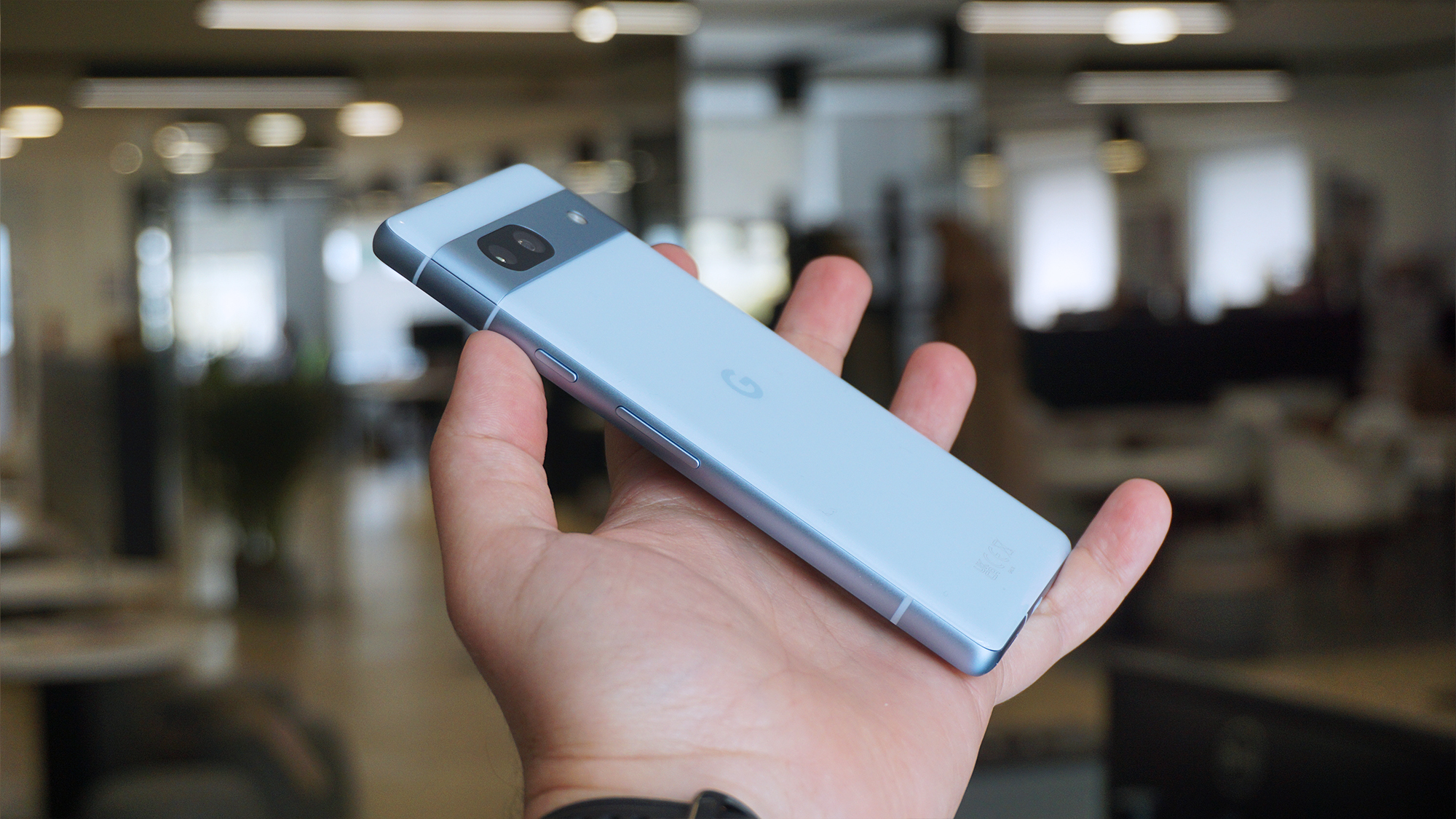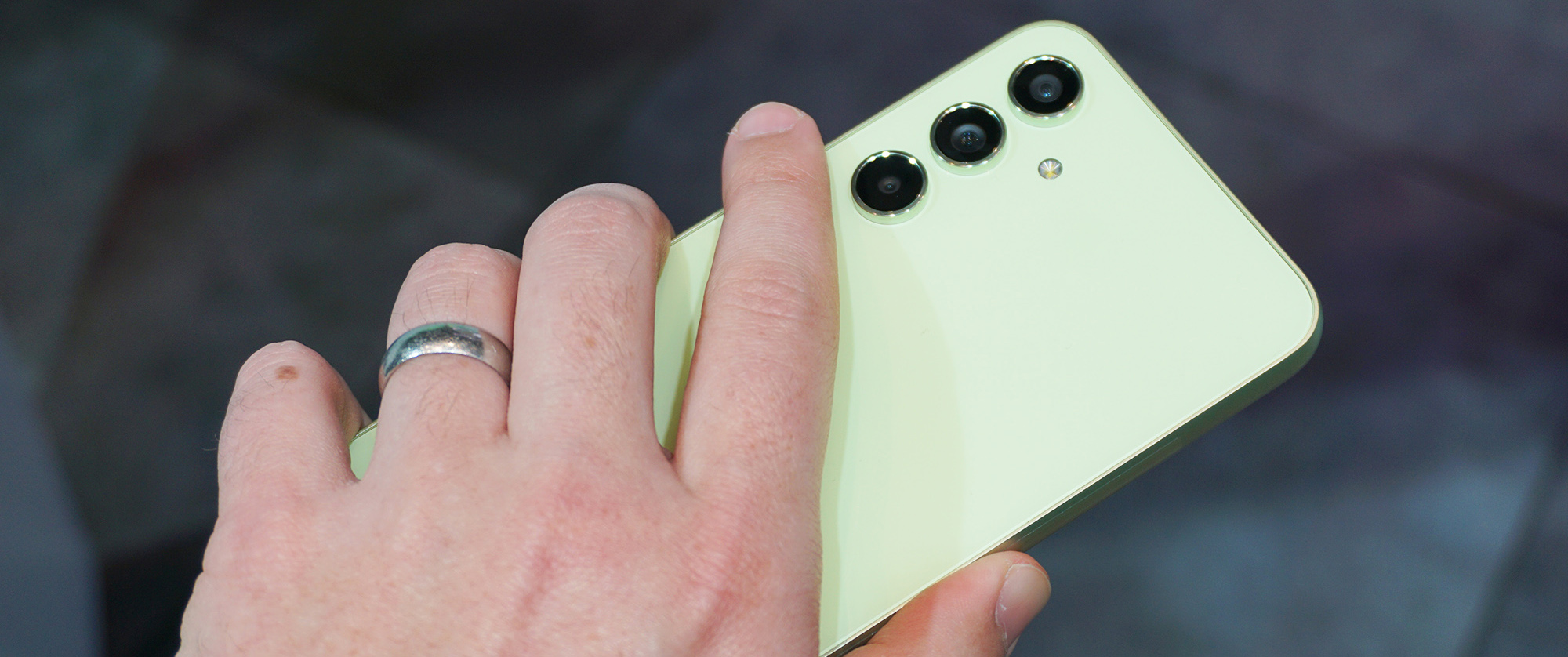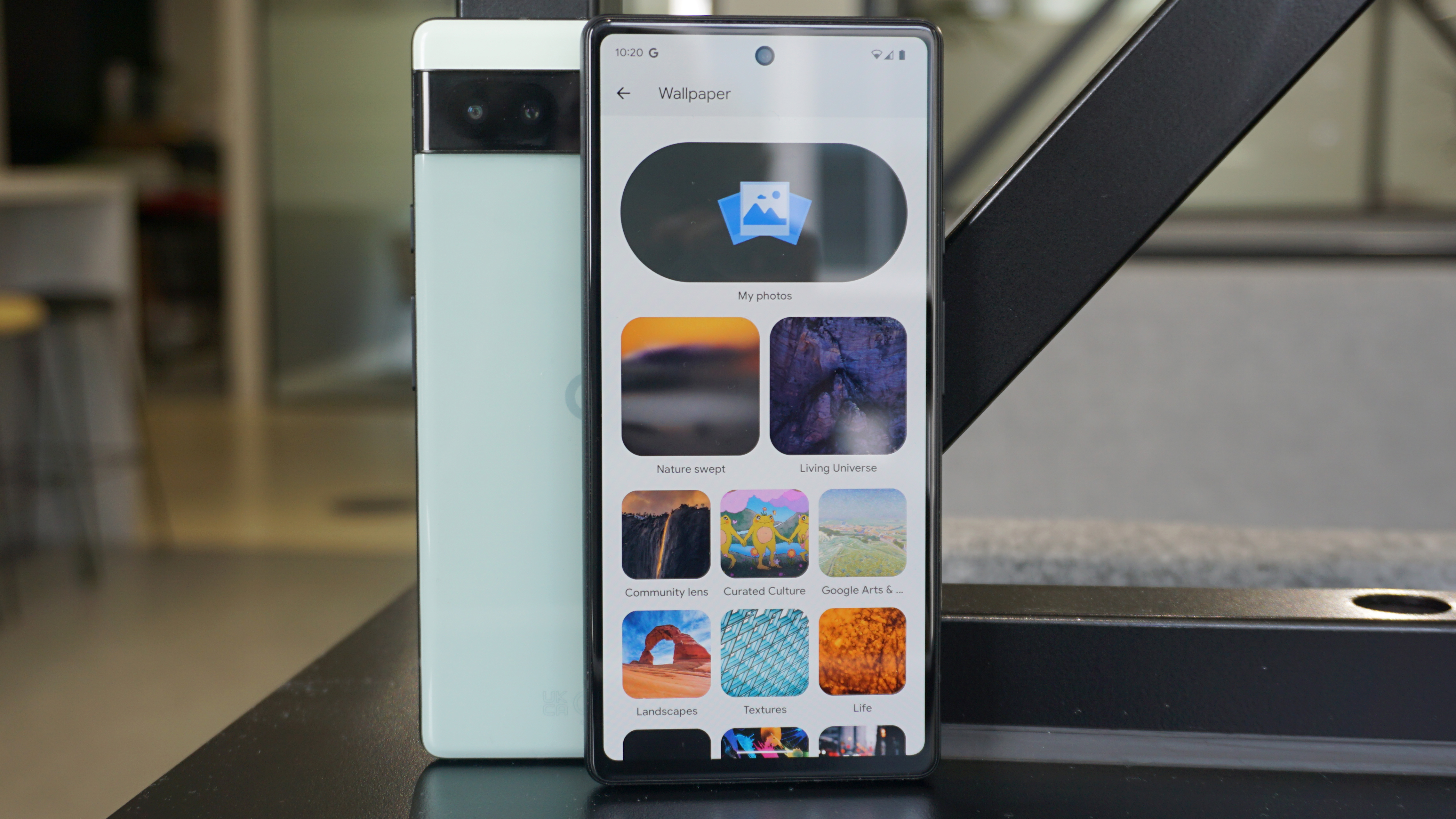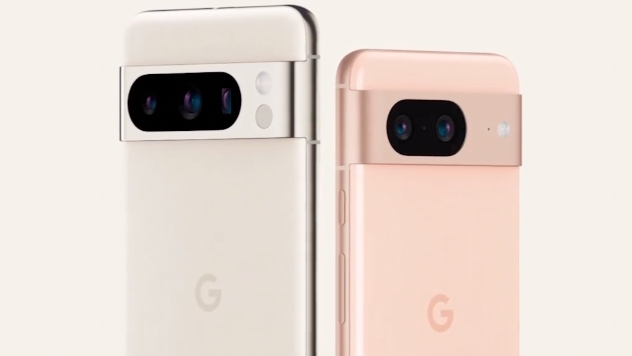Google didn't drop the Pixel 7a price because it wasn't bad enough
The Pixel 7 got all the discounts this time around

Sign up for breaking news, reviews, opinion, top tech deals, and more.
You are now subscribed
Your newsletter sign-up was successful
The Google Pixel 6a launched in 2022 for $449 / £399 / AU$749, and you can buy one today for just over half that price, thanks to aggressive price cuts. Within a few months, the Pixel 6a went from being a disappointment to the best phone you could buy at such a low price. When I reviewed the Pixel 7a, I cautioned against buying one, expecting the price would drop, but that never happened. What did happen is much weirder.
Apple, Samsung, and Google all have families of phones – iPhone, Galaxy, and Pixel, respectively. All of these phone makers offer phones that hit a range of price points, from the most expensive phones that cost $1,000 or more, to the least expensive, which can be hundreds of dollars for Apple, or much less for Samsung, with its bargain basement Galaxy A and even Galaxy J series phones.
What makes Google different is that the cheapest Google phone you can buy, the Pixel 7a, uses the exact same brain as the most expensive Google phone you can buy, the Pixel 7 Pro. Both phones use the Tensor G2 processor designed by Google. Pixel phones are not known for superlative performance, but they get unique features enabled by Google’s Tensor chips.

Still, this is very odd. All of Samsung’s Galaxy S23 phones use the same Snapdragon 8 Gen 2 processor, but the Galaxy S23 is a very expensive phone, around twice the price of the Pixel 7a. When you look at Samsung phones in the same price range as the bargain Pixel, like the Galaxy A54, you find cheaper Samsung Exynos chipsets, not the fastest Snapdragons.
Apple differentiates its iPhone models even more than Samsung. Not even every phone in the iPhone 15 series gets the same chipset. The iPhone 15 and iPhone 15 Plus use last year’s best: the A16 Bionic. The iPhone 15 Pro and the Pro Max get something new: the A17 Pro.
when the cheapest Pixel and the most expensive have the same processor inside, that doesn’t give me a lot of confidence in the Pro
Apple’s most affordable iPhone, the iPhone SE (2022), is in the same price range as the Pixel 7a. It uses the Apple A15 Bionic chipset, which debuted on the iPhone 13 and remained on the iPhone 14 (though not the iPhone 14 Pro).
To be fair, Apple chips are very fast. They smoke Qualcomm’s Snapdragon in benchmark tests, though in the real world, Apple doesn’t push performance as far as it could. The Apple A15 Bionic chip in the cheapest iPhone is faster than the Tensor G2 chip in the Pixel 7a and Pixel 7 Pro. It’s also two years old.
Sign up for breaking news, reviews, opinion, top tech deals, and more.
This brings me to Google, and its bizarre phone lineup. Frankly, when the cheapest Pixel and the most expensive have the same processor inside, that doesn’t give me a lot of confidence in the Pro model. When we consider the Pixel Tablet and Pixel Fold also have the same chipset, it feels like Google bought these processors in bulk and is just going to stick them in everything.
The Pixel 7a was too close to the Pixel 7 to be a bargain
So what about the Pixel 7a? What happened? The reason it didn’t get the price cut that I expected, the deep price cuts that we saw for the Pixel 6a, is because the phone was just too similar to the Pixel 7. On a spec sheet it’s hard to tell them apart.
The year before, the Pixel 6a was a greatly reduced version of the Pixel 6. It was noticeably smaller. It had a camera with a smaller sensor and lower resolution. It had less RAM, a smaller battery, and a screen that wasn’t as advanced as the Pixel 6.
The Pixel 7a, on the other hand, is closer in size to the Pixel 7. The battery, surprisingly, is a little bigger on the Pixel 7a. The phones have the same amount of RAM, and both use OLED displays that can refresh up to 90Hz.

The camera on the Pixel 7a uses a much higher resolution, closer to the Pixel 7 by far than the previous generation. It’s still a smaller sensor inside, but the difference is more slight than before.
The Pixel 7a and Pixel 7 are so similar that they are almost indistinguishable. That’s why the Pixel 7a hasn’t dropped in price. If the Pixel 7a dropped significantly, the Pixel 7 would look ridiculous by comparison. Why would you pay hundreds more for a phone that has very little benefit over the bargain model?
You wouldn’t, which is why Google discounted the Pixel 7 instead of the Pixel 7a. Instead of giving us the expected price cut on the Pixel 7a, it cut the Pixel 7. In fact, the Pixel 7 on Amazon right now is cheaper than the Pixel 7a. Even when the Pixel 7a went on sale, dropping a paltry $55 in the US, the Pixel 7 was only $5 more expensive thanks to an even more aggressive discount.
What will happen when the next Pixel launches?
There is still one last hope, and that is the Pixel 8. Google has confirmed that the Pixel 8 family is coming next week, along with the Pixel Watch 2. When that happens, it is likely that Google will keep a token model from the Pixel 7 family around as a bargain offer. I’m hoping that instead of keeping the Pixel 7 at its current slashed price point, we get an even deeper discount on the Pixel 7a, bringing it closer to where the Pixel 6a eventually fell.

Pixel phones haven’t been measuring up lately as top-performing flagship models, but they fare very well as mid-range and bargain phones. They don’t have a ton of features, especially when it comes to camera lenses and extras like stylus support, but they do get Google’s best software first and foremost. That makes up for some, though not all, of the shortcomings.
We don’t know what the Pixel 8 will bring, but hopefully Google will embrace its affordable status and slash prices on the older models, while giving us new phones that will age gracefully and earn their discounts. I won’t wait this time, but I won’t be surprised when the prices drop.
You might also like

Starting more than 20 years ago at eTown.com. Philip Berne has written for Engadget, The Verge, PC Mag, Digital Trends, Slashgear, TechRadar, AndroidCentral, and was Editor-in-Chief of the sadly-defunct infoSync. Phil holds an entirely useful M.A. in Cultural Theory from Carnegie Mellon University. He sang in numerous college a cappella groups.
Phil did a stint at Samsung Mobile, leading reviews for the PR team and writing crisis communications until he left in 2017. He worked at an Apple Store near Boston, MA, at the height of iPod popularity. Phil is certified in Google AI Essentials. His passion is the democratizing power of mobile technology. Before AI came along he was totally sure the next big thing would be something we wear on our faces.